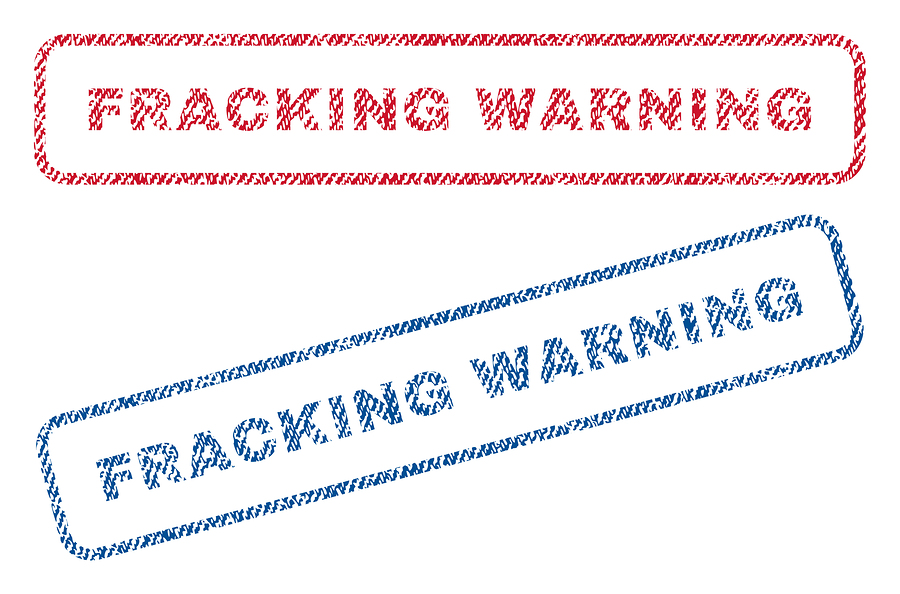The Trump administration has proposed that oil companies be allowed to continue dumping unlimited amounts of offshore fracking chemicals into the Gulf of Mexico but it seems this violates federal law (it also threatens marine wildlife, but- duh).
“In a letter to the U.S. Environmental Protection Agency’s (EPA) Region 6 office on its proposed wastewater-discharge permit for offshore oil and gas drilling activities off the coasts of Louisiana, Texas and Mississippi—where thousands of offshore drilling platforms are located—the Center for Biological Diversity explained that the proposed permit violates the Clean Water Act because it causes an undue degradation of the marine environment. The Center for Biological Diversity’s letter notes that ‘scientific research has indicated that 40 percent of the chemicals used in fracking can harm aquatic animals and other wildlife.'” 1
RELATED ARTICLE:
But, once again, the EPA- who are supposed to protect ocean water quality- are simply turning a blind eye to what’s best for us and the environment.
The Center for Biological Diversity knows this because earlier in the year they requested information about the effects of fracking chemicals on Gulf water quality and marine life from the EPA, via a Freedom of Information Act request. In response, the EPA told them they didn’t have any “responsive records.” (That means the agency has been allowing the oil industry to dump its fracking wastewater into the Gulf without studying its environmental impacts, just as federal law requires. How this is allowed is beyond me. It’s also beyond all sound and rational judgment.)
“Federal waters off Texas, Louisiana and Mississippi host the largest concentration of offshore oil and gas drilling activities in the country. Previous records requests revealed that oil companies dumped more than 75 billion gallons of wastewater into these waters in 2014 alone.
At least 10 fracking chemicals routinely used in offshore fracking could kill or harm a broad variety of marine species, including marine mammals and fish, Center for Biological Diversity scientists have found. The California Council on Science and Technology has identified some common fracking chemicals to be among the most toxic in the world to marine animals.” 2
As you might imagine, the Gulf of Mexico is an important habitat for whales, sea turtles and fish and also contains critical habitat for imperiled loggerhead sea turtles. The fracking chemicals used raise serious ecological concerns because dolphins and other species in the Gulf are still suffering effects from the Deepwater Horizon oil spill, 7 years ago.
RELATED ARTICLES:
- EPA Plans to Allow Unlimited Dumping of Fracking Wastewater in the Gulf of Mexico
- Florida raises allowable limits of cancer-causing chemicals in drinking water ahead of fracking boom
We are hoping something in the law changes. We are also hoping that someone will wake up to the damage being done by fracking. We won’t hold our breath though.












